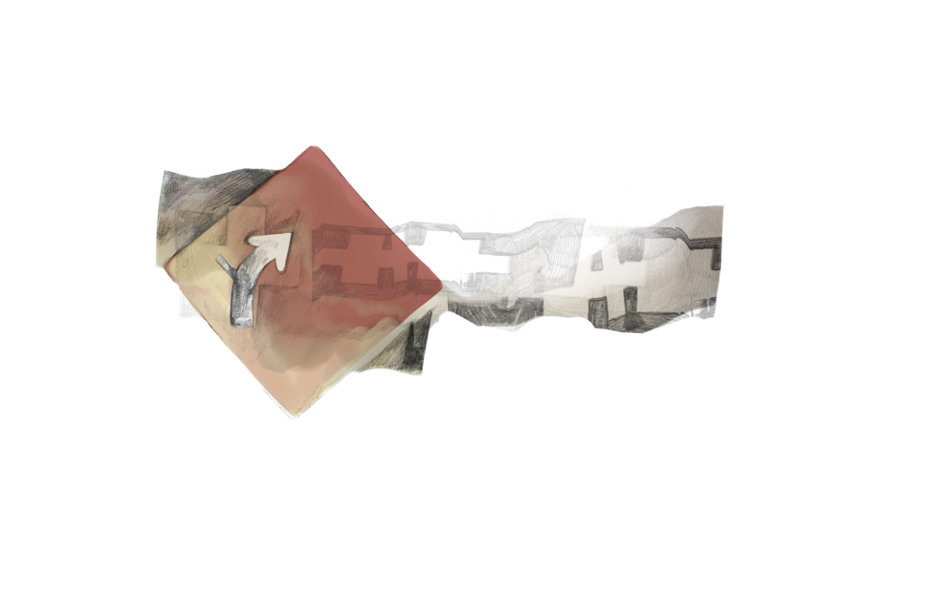Switzerland is best known for its cheese, chocolate, and unwavering commitment to maintaining neutrality in geopolitical conflicts. However, the mountainous nation recently broke its long-standing tradition of neutrality when, on February 28, the Swiss Federal Council voted to adopt the package of EU-imposed sanctions against Russia. While Switzerland’s move may seem like a groundbreaking moment in history, it is not the first time the state has allied with EU members in imposing sanctions. Since the Cold War, globalization, pressure from the EU and NATO, and collective security concerns have all served as factors severing Switzerland from what is often considered a 500-year tradition of neutrality. Although a full break from its neutrality efforts is improbable, the sheer scope and speed of Switzerland’s most recent sanctions against Russia are noteworthy. The significance of this move is in the precedent it sets, as it signals a redefinition of neutrality in the modern era.
Switzerland has previously imposed sanctions on Iraq, Iran, North Korea, Zimbabwe, and Myanmar, and in 2014, it imposed sanctions on Russia over the annexation of Crimea. In these cases, however, Swiss involvement remained limited, as the sanctions over Crimea differed from those of the EU and were designed to protect the nation’s financial center from being used to bypass EU sanctions.
The protection of the Swiss financial industry is not the only reason for a redefinition of neutrality. Following 9/11, 31 Swiss soldiers participated in the US-led invasion of Afghanistan, and Swiss troops remained there from 2001 to 2008. Swiss troops have also participated in peacekeeping efforts in Bosnia and Herzegovina as well as in Korea’s demilitarized zone. While these actions might be viewed as a break from traditional policy, many of them were performed in connection with the UN or EU. Switzerland’s membership in the UN and special relationship with the EU mean the nation is either obligated or incentivized to comply in order to maintain positive diplomatic relations.
In the wake of the Russian invasion of Ukraine, there has been an international outcry calling for aid to Ukraine, as well as an end to the violence instigated by Russia. The United States and certain EU member states have been leaders in this movement but have stopped short of sending active troops to Ukraine out of fear of triggering nuclear war. Consequently, a coordinated international response was seen as especially necessary by the Western powers initiating the sanctions. The United States and EU applied pressure on Switzerland to take action, implying that idleness would be met with possible retribution. In addition, Russian President Vladimir Putin’s violation of multiple articles of the UN charter means that Ukraine is currently exercising its right to self-defense. Therefore, Switzerland could have been accused of war profiteering had it not taken action against Russia.
Despite the nation’s small size, Swiss sanctions are crucial in pressuring Russia to halt its invasion. In fact, many would argue that failing to sanction Russia would actually be the true breach of neutrality due to the countries’ strong economic ties. Roughly 80 percent of Russian commodities are traded through Switzerland, and 30 percent of private Russian assets, totaling $11 billion, are housed in its banks. Additionally, Switzerland has long been a favored spot for rich Russians to manage their wealth. A report compiled by the Swiss embassy in Moscow revealed that in 2020, the net transfers of Russian taxpayers to Switzerland totaled $2.5 billion. In light of Russia’s extreme economic interwovenness with Switzerland, increased stringency is sure to greatly impact Russia’s economic power.
Switzerland’s status as the poster child for neutrality and diplomatic mediation means its actions will undoubtedly reshape the modern definition of neutrality for other countries. In adopting the EU and NATO’s package of sanctions, Switzerland sets a precedent that could impact its diplomatic response if a similar event occurs again. For example, with fears over a Chinese invasion of Taiwan growing, this alignment could mean that if tensions reach their breaking point, Switzerland would also be expected to impose sanctions on China. The strengthening of economic blocs as a result of the war in Ukraine could also increase Europe’s influence on the Swiss economy. That possibility makes it crucial that Switzerland works to stabilize relations with the EU as quickly as possible.
Switzerland’s decision to impose sanctions on Russia is not entirely new. However, the package is unique in the extent to which Russian economic activities in Switzerland are addressed. In the coming years, other neutral nations can draw inspiration from the Swiss government’s reaction to mass political mobilization in the face of international conflict. While it is unlikely that Switzerland will become militarily involved in the conflict, its actions build on a recent move away from strict neutrality to a more modern interpretation that responds to the increasing complexity of global interactions.
